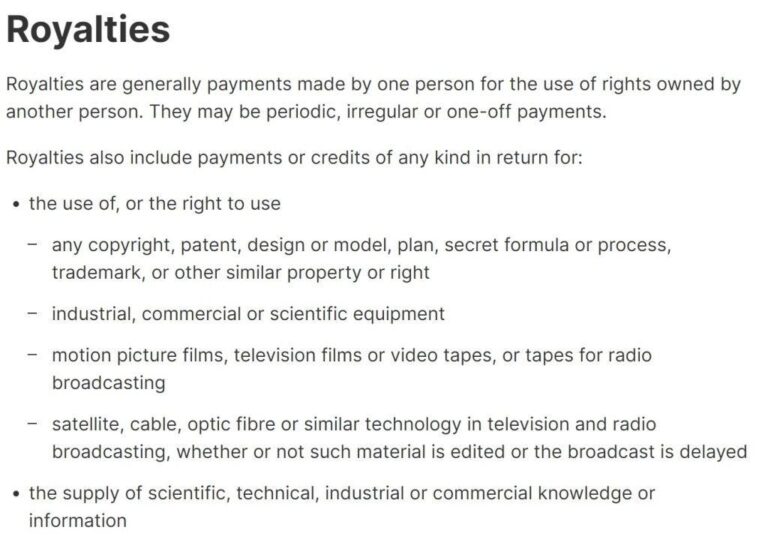Addressing Africa’s Escalating Health Financing Challenges: A Call for Strategic Action
South Africa’s Finance Minister, Enoch Godongwana, recently issued a compelling appeal to tackle the deepening crisis in health financing across Africa. Speaking at a prominent health summit, he underscored the stark inequalities in healthcare funding and access that threaten to reverse decades of progress. With many African nations struggling under the weight of soaring medical costs and constrained budgets, Godongwana’s message highlights an urgent need for innovative solutions, enhanced cooperation, and increased investment to safeguard public health on the continent.
The Growing Economic Strain on Africa’s Healthcare Budgets
Africa’s healthcare systems are increasingly vulnerable due to mounting economic pressures that strain already limited resources. Factors such as persistent inflationary trends, volatile currency markets, and declining foreign direct investment have intensified fiscal challenges faced by governments trying to sustain essential health services. For instance, recent data shows that several countries have had to cut back on critical programs like maternal care and infectious disease prevention due to budget shortfalls.
Experts emphasize that overcoming these hurdles requires rethinking traditional funding models through:
- Boosting National Health Expenditure: Encouraging governments to dedicate a larger share of their budgets toward healthcare priorities.
- Harnessing Public-Private Synergies: Engaging private sector partners in financing and delivering health services.
- Sustaining International Aid: Renewed commitments from global donors remain vital for bridging financial gaps.
African countries must also foster regional collaboration by sharing best practices aimed at maximizing efficiency in resource utilization. The ultimate objective is establishing resilient financing frameworks capable of withstanding economic shocks while ensuring equitable access for all citizens.
Pioneering Financial Strategies for Long-Term Healthcare Sustainability
The urgency expressed by Minister Godongwana reflects broader concerns about how current funding deficiencies jeopardize not only public health but also socioeconomic stability across Africa. To build sustainable healthcare systems able to meet growing demands, several strategic priorities emerge:
- Elevating Government Health Spending: Aligning with targets such as allocating at least 15% of national budgets-as advocated by the Abuja Declaration-to strengthen service delivery capacity.
- Diversifying Funding Sources: Exploring innovative mechanisms including social impact bonds and blended finance models can mobilize new capital streams beyond conventional aid or taxation.
- Pursuing Debt Relief Initiatives: Negotiations with international creditors could unlock fiscal space necessary for expanding healthcare investments without exacerbating debt burdens.
An emphasis on transparent governance is equally crucial; clear accountability structures enhance donor confidence and encourage philanthropic contributions. Recent comparative analyses reveal significant disparities among African nations regarding both spending levels relative to GDP and accessibility scores (see table below):
| Nation | % GDP Allocated to Health | Healthcare Accessibility Rating (Scale:1-10) |
|---|---|---|
| Nigeria | 3.7% | 4 |
| South Africa | 8.1% | 7 |
| Kenya | 5.2% | < td >5< / td >
The Power of Partnerships: Bridging Funding Deficits Through Collaboration Â
The widening gap between available resources and healthcare needs calls for concerted efforts involving governments alongside NGOs, private enterprises, and community groups alike. Addressing this multifaceted challenge demands leveraging diverse expertise through robust partnerships focused on optimizing resource allocation efficiently across sectors.< / p >
- < strong >Public-Private Collaborations:< / strong > Joint ventures between state agencies & businesses can drive innovation & scale up service delivery effectively.< / li >
- < strong >Creative Financing Tools: Instruments like social impact bonds attract private capital aligned with measurable social outcomes.< / li >
- < strong >Regional Solidarity: Pooling funds regionally enables shared risk management & cost reduction while amplifying program reach.< / li >
< / ul >An inclusive approach incorporating local voices ensures programs reflect community needs accurately-strengthening accountability mechanisms fosters trust essential for sustained engagement (see table below):Â Â < / p >
< th scope="col" >Key Component< / th >< th scope="col" >Effectiveness Impact< / th > A Vision Forward: Securing Equitable Healthcare Access Across Africa Â
The clarion call from Finance Minister Enoch Godongwana serves as a pivotal reminder that addressing Africa’s escalating health financing crisis requires immediate yet sustainable interventions grounded in innovation & partnership.
Without decisive action now-combining increased domestic investment with creative funding approaches supported by transparent governance-the continent risks further entrenchment of disparities threatening millions’ well-being.
However,
there remains hope through collaborative frameworks uniting governments,
private sector actors,
international donors,
and communities toward building resilient systems capable of delivering quality care equitably into the future.By embracing these strategies collectively,
Africa can chart a course toward revitalized healthcare infrastructure ensuring healthier lives across generations ahead.







